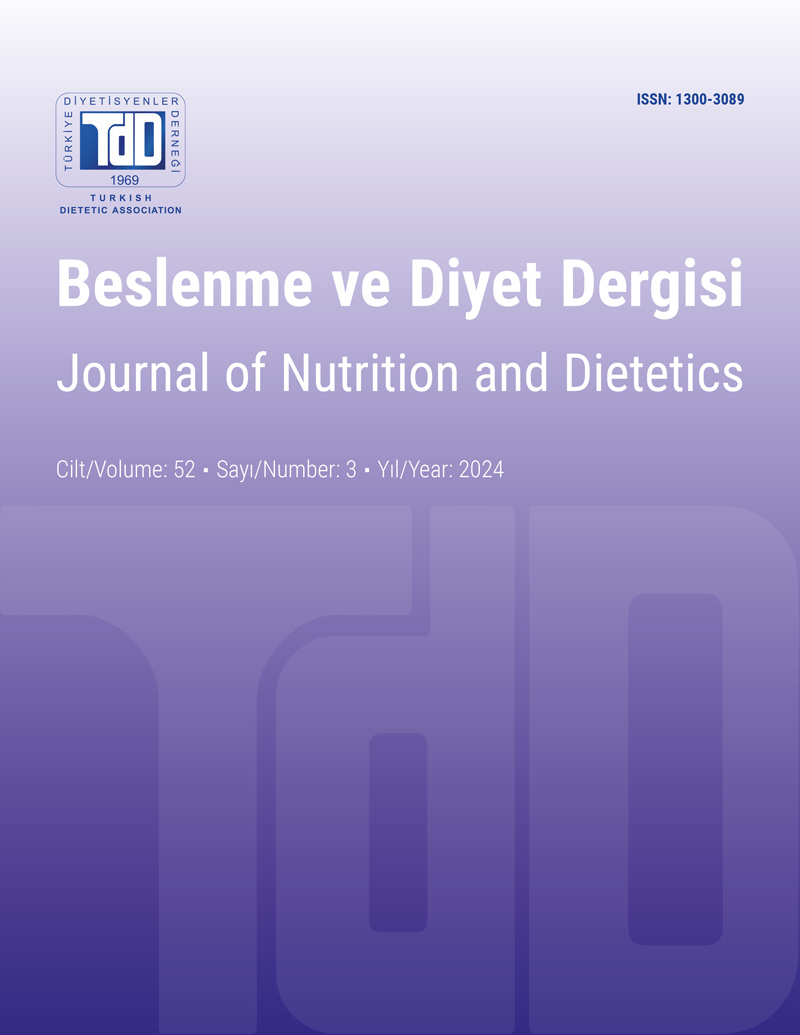Non-Alcoholic Fatty Liver Disease and Oxidative Stress: Is Curcumin Effective?
DOI:
https://doi.org/10.33076/2024.BDD.1891Keywords:
Non-alcoholic fatty liver, curcumin, oxidative stressAbstract
Non-Alcoholic Fatty Liver Disease (NAFLD) is the most common liver disease affecting approximately one quarter of the global population and has become a worldwide public health problem. Studies have shown that the development of NAFLD is associated with lipid accumulation, oxidative stress. A number of natural products have been reported to be regulators of NAFLD in in vivo and in vitro studies. Curcumin, a pigment derived from turmeric, is one of the polyphenols that has been extensively investigated by researchers both biologically and chemically. Clinical findings suggest that curcumin has therapeutic potential in improving metabolic diseases. Curcumin has anti-inflammatory, antioxidative, antinociceptive, antiparasitic, antimalarial effects. Due to these effects, it can lower blood glucose and lipid levels and positively affect insulin resistance. It may also reduce inflammation and oxidative stress. In light of this information, more high-quality clinical studies are needed in the future to confirm its efficacy and determine its molecular mechanisms. However, poor curcumin absorption in the small intestine, rapid metabolism and rapid systemic elimination may result in poor bioavailability of curcumin. Regarding this issue; formulation studies to increase bioavailability are ongoing.

